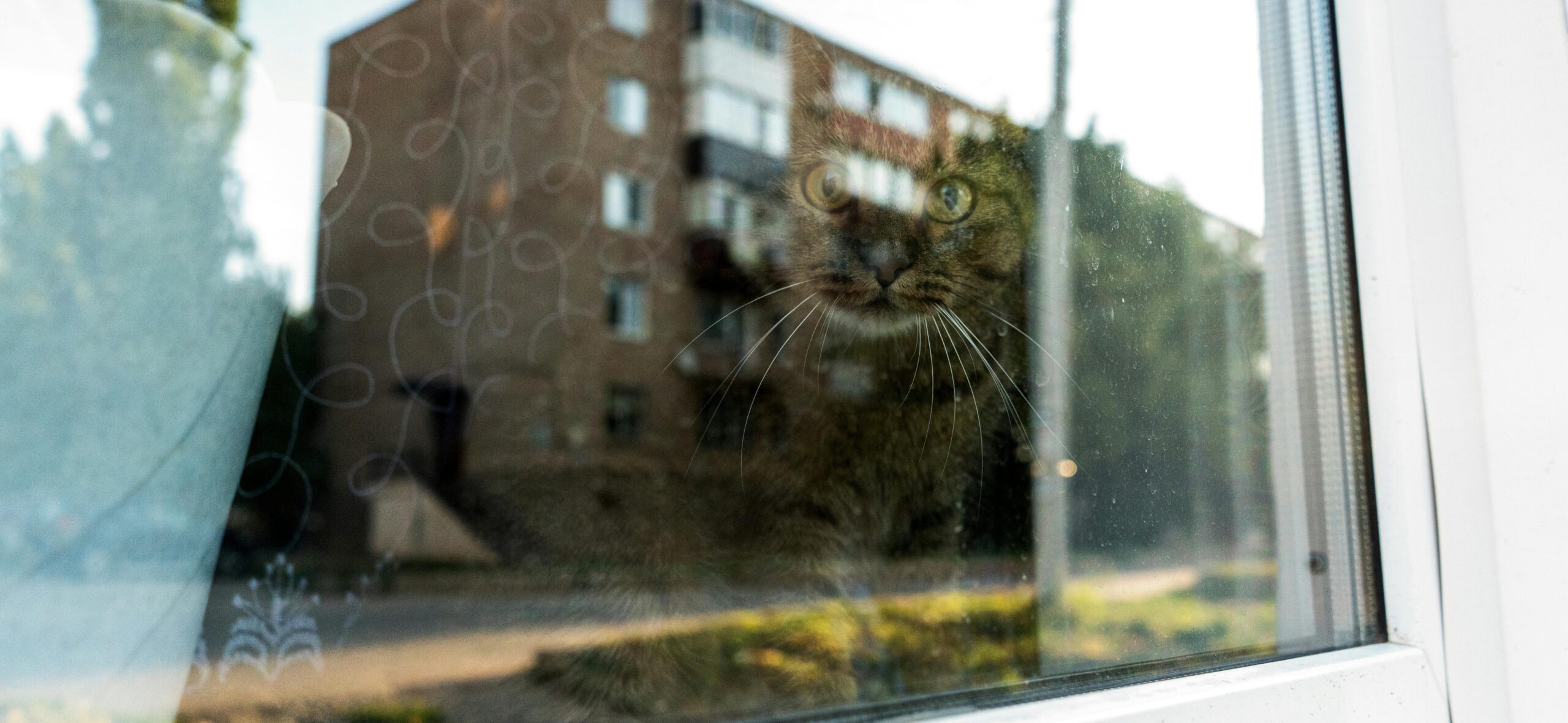I’m a man. Maybe not the manliest man—but I’m the man I am. And that man? That man comes with a plan.
I’m the guy who’ll fix your phone, troubleshoot your Wi-Fi, build your IKEA shelf, and get your bike tuned up before you even find your multitool. I solve problems. It’s my thing.
But not every problem needs fixing.
Especially when you’re parenting a neurodivergent child.
A few years ago, I was in a parent support group when someone dropped a gem that stuck with me:
“Before you respond, ask your child:
Do you want me to listen, help, or hug?”
And here’s the key: sometimes “listen” means just that—listen. No feedback. No solutions. No follow-ups. Just ears, not answers.
As a parent—especially one who defaults to fixing—it was a surprisingly hard shift. But wow, what a difference it made.
Now, when my daughter is upset, I don’t assume. I don’t leap into “dad mode” and start building a plan. I ask first. And most of the time, the answer is something simple—just being there, holding space, or offering a hug. Sometimes, she does want help. But more often, she just needs me present.
This tiny question changed how we communicate—and honestly, it’s helped me slow down and get better at connecting, not just solving.
If you’re parenting a child with big feelings, different needs, or a brain that works a little differently: try it.
“Do you want me to listen, help, or hug?”
It’s three options. It’s no pressure. And it works.



